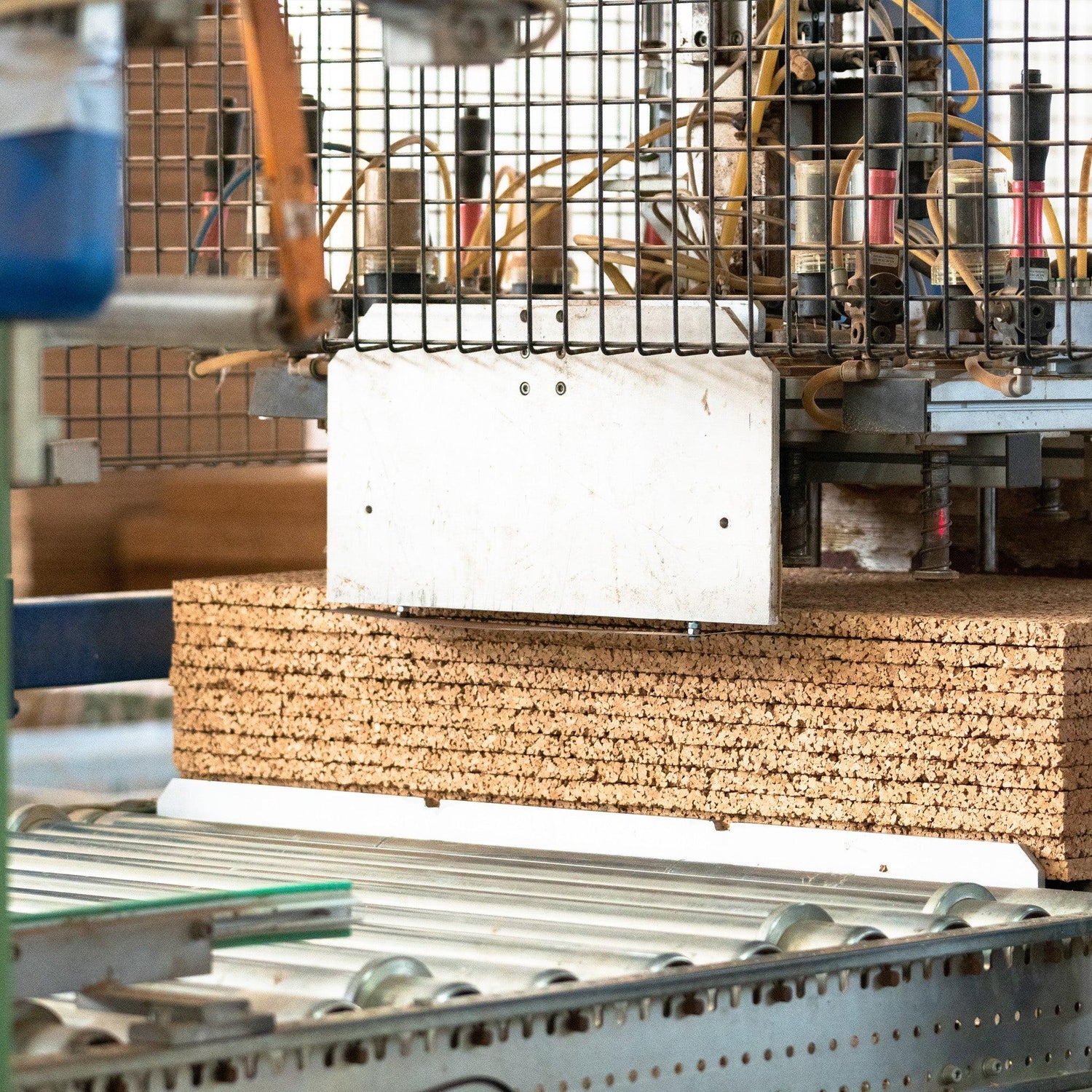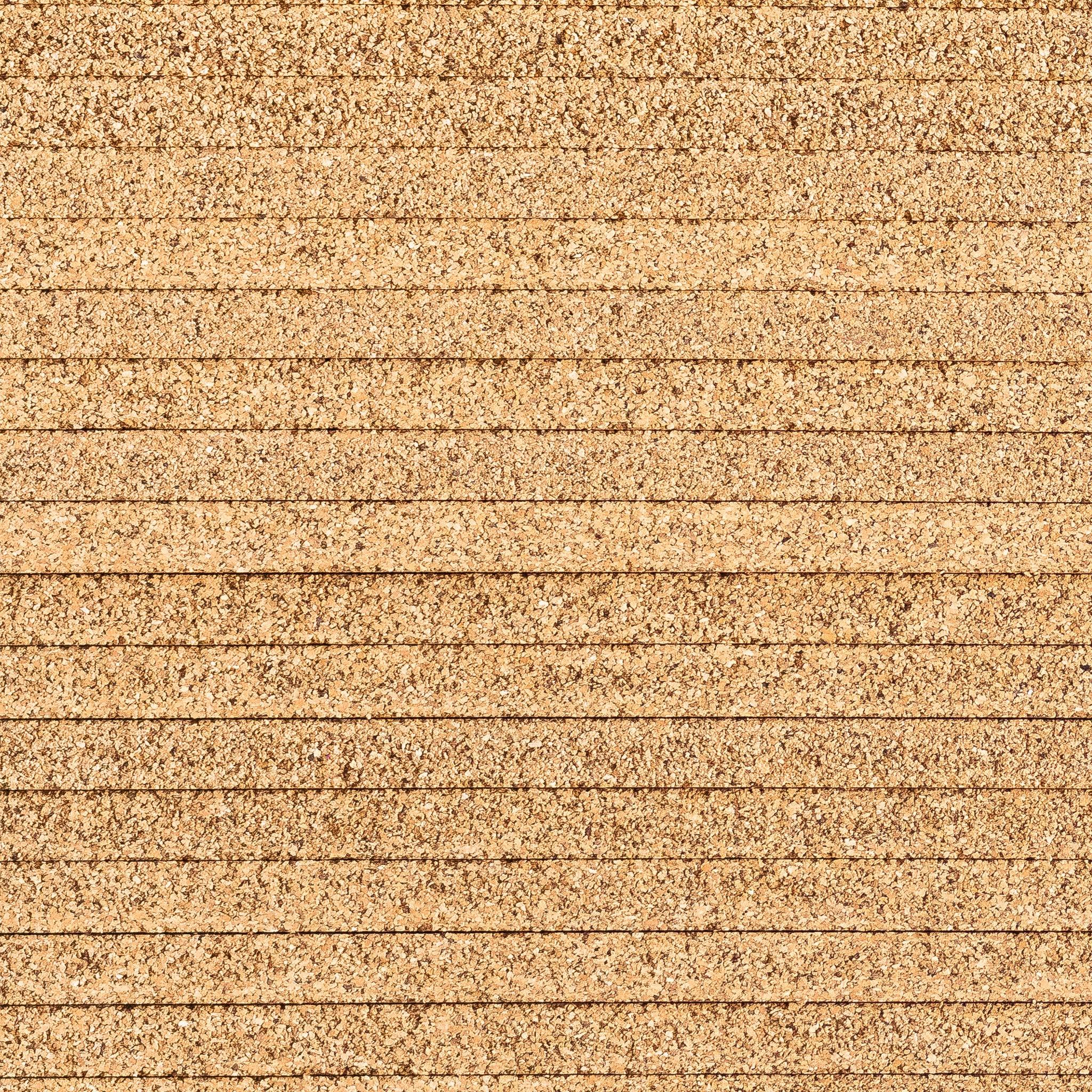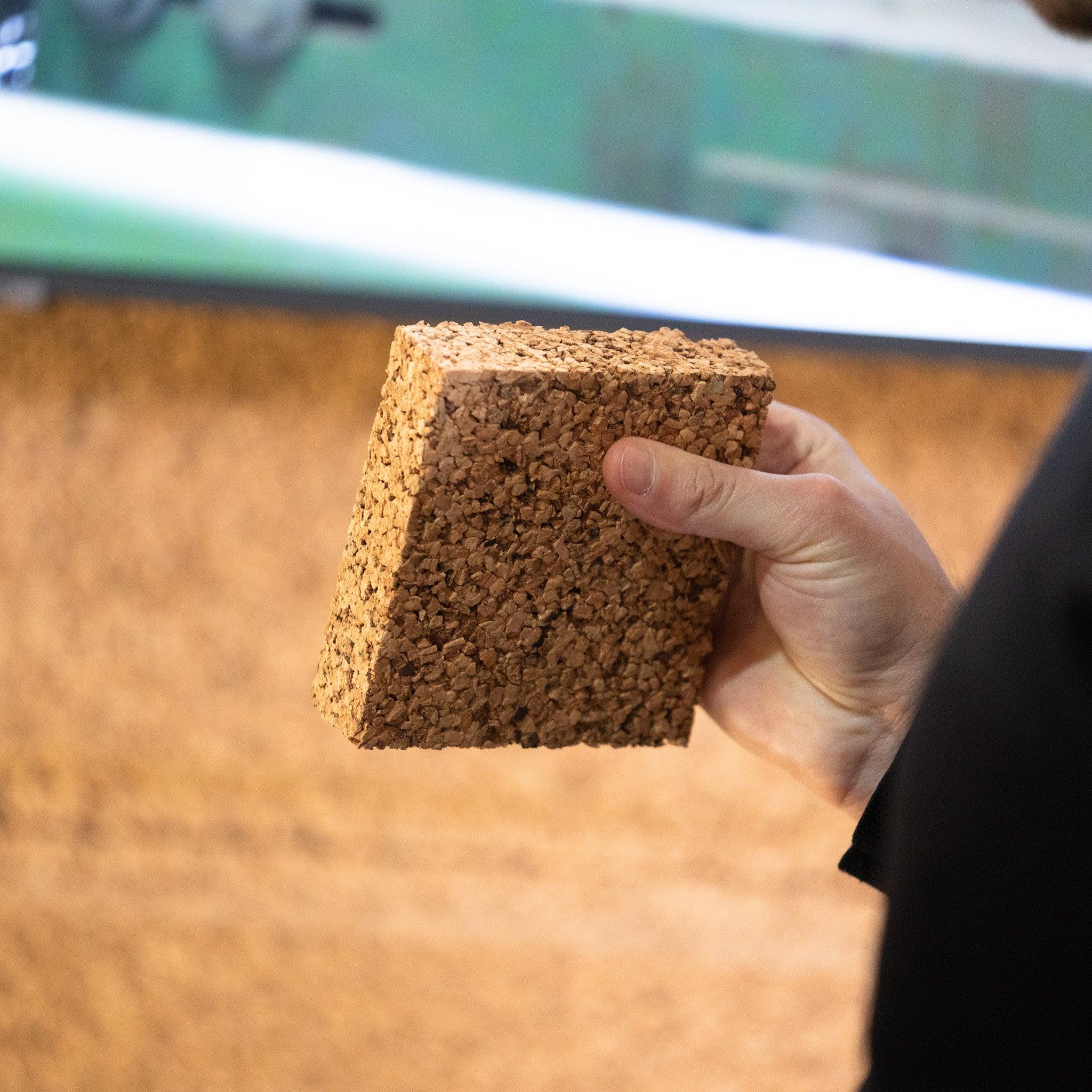The importance of choosing materials for thermal and acoustic insulation
The choice of materials for the thermal and acoustic insulation of buildings is a fundamental element in guaranteeing maximum living comfort, reducing energy consumption and respecting the environment. Using the right materials means reducing the building's environmental impact and improving the quality of life of the people who live or work inside it.
Cork as a solution for thermal and acoustic insulation
Cork is an ideal solution for thermal and acoustic insulation of buildings. This natural and eco-friendly material is highly sustainable and offers many advantages over other insulation solutions.
Thanks to its thermal and acoustic properties, cork allows you to create insulating walls, panels, sheaths and coverings capable of guaranteeing high thermal and acoustic insulation. Furthermore, cork products are compostable and can be recycled, further reducing the environmental impact of buildings.
Advantages of using cork as an insulating material
The use of cork as an insulating material has many advantages. Firstly, cork is a natural and renewable product, obtained from the bark of the cork oak, a plant that grows spontaneously in the Mediterranean regions.
Furthermore, cork has a high thermal and acoustic insulation capacity, which makes it an ideal solution to ensure maximum living comfort. Cork is able to reduce energy consumption in buildings, helping to improve energy efficiency and reduce management costs.
Aesthetic and sustainability characteristics
Finally, cork also offers advantages in terms of environmental hygiene and sustainable design. Thanks to its versatility, it can be used to create innovative and original solutions, capable of integrating perfectly with any architectural style.
In summary, the choice of materials for the thermal and acoustic insulation of buildings plays a fundamental role in the creation of sustainable and eco-friendly buildings. Using cork as an insulating material offers numerous advantages in terms of sustainability, energy efficiency, environmental hygiene and sustainable design.
For all these reasons, Syfar offers a wide range of cork solutions for thermal and acoustic insulation of residential and commercial buildings. Thanks to its experience and expertise, Syfar is able to supply high quality products, capable of satisfying the needs of an increasingly demanding clientele in terms of energy efficiency and ecology.
Syfar's solutions for insulation
In particular, Syfar proposes innovative solutions in cork which allow for effective acoustic insulation to be obtained for buildings, without compromising the comfort of internal environments. Cork sound-absorbing panels, for example, are ideal for reducing the transmission of noise between rooms and between floors in a building. Furthermore, the cork coverings applied to the walls and ceilings offer greater protection against external noise, guaranteeing a calm and comfortable environment inside the structure.
But that's not all: Syfar also offers solutions capable of improving the thermal insulation of buildings, helping to reduce energy consumption and related costs. Cork panels for thermal insulation, for example, allow for excellent thermal resistance and greater energy efficiency of the building. Furthermore, the cork mats applied under the floors help reduce heat loss and keep the internal environment at an optimal temperature.
Thanks to its sustainable production and the eco-friendly characteristics of its products, Syfar is positioned as a company at the forefront of the sustainable building sector. The choice of cork as an insulating material represents an innovative and highly effective solution for the construction of ecological and highly energy efficient buildings. Syfar is able to offer its customers customized solutions suited to the specific needs of each project, always guaranteeing the highest quality products and a reduced environmental impact.




Leave a comment
This site is protected by hCaptcha and the hCaptcha Privacy Policy and Terms of Service apply.